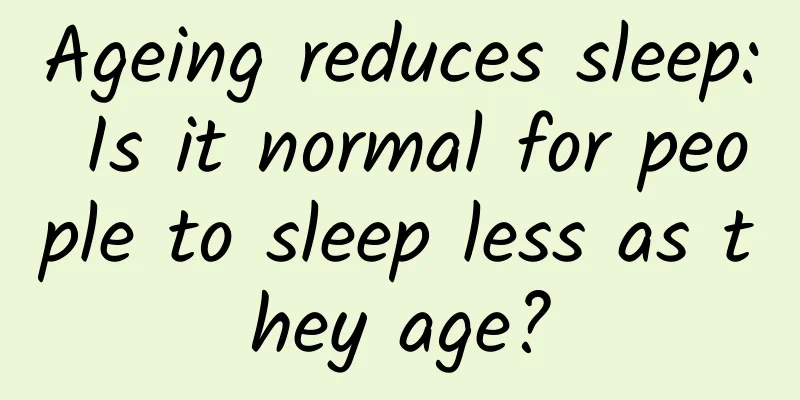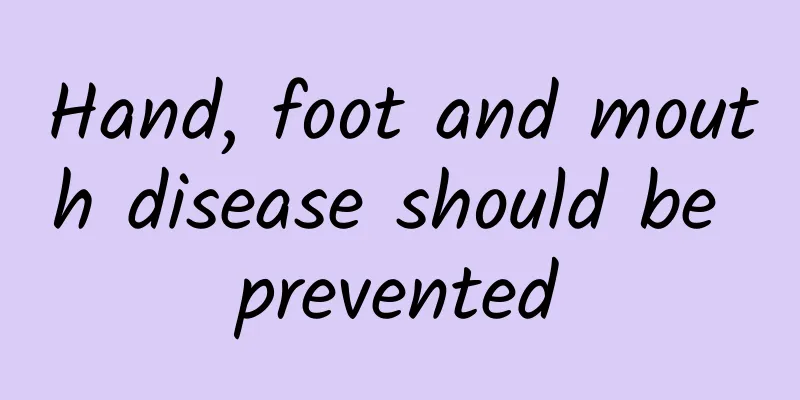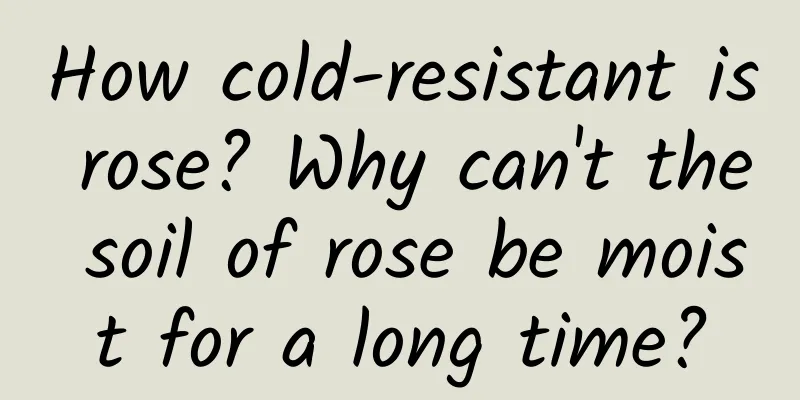Ageing reduces sleep: Is it normal for people to sleep less as they age?

|
Author: Huang Sha Zigong Mental Health Center Ma Xiaoya National Clinical Research Center for Geriatric Diseases, West China Hospital, Sichuan University Chen Xiaoyan Zigong Mental Health Center Reviewer: Liu Junfu, Chief Physician, Zigong Mental Health Center Have you noticed that many elderly people around you have a special "schedule"? For them, it is like a natural alarm clock. Every morning at 4 or 5 o'clock, when you are still dreaming, they have already started to move. If you ask them, "Why don't you sleep more?" They will often give a unified answer: "I am old and I sleep less." During the day, you may often see them dozing off, and their answer is: "I feel weak during the day and I sleep more." Figure 1 Copyright image, no permission to reprint Eh? So is it that I am less sleepy or more sleepy? As we age, our deep sleep stages decrease and our sleep becomes more superficial. Does this mean that older people no longer need as much sleep as younger people? The answer is no. In fact, the basic need for sleep in the elderly has not been significantly reduced. The so-called "less sleepiness" or "more sleepiness" often means that they do not really get high-quality sleep and may have chronic insomnia. How much sleep is appropriate for the elderly? We recommend that older adults get 7 to 8 hours of sleep per day[1]. What is chronic insomnia? Please follow me and use “2+3+3”[2] to screen whether you or the elderly around you have chronic insomnia. "2": ① Difficulty falling asleep (taking more than 30 minutes to fall asleep), difficulty maintaining sleep (awakening more than 2 times at night), and early awakening; ② Accompanied by daytime functional impairment (feeling dizzy, lack of energy, drowsiness, and fatigue the next morning). “3”: The above symptoms occur at least 3 times a week. "3": The above symptoms persist for at least 3 months. If you have all the above “2+3+3”, please continue reading the following content. How many elderly people suffer from chronic insomnia? Among the elderly, the prevalence of insomnia is 43.9% to 53.89%, of which the prevalence of chronic insomnia is 21.84%[2]. So many elderly people suffer from chronic insomnia. Does this mean that it is normal and does not require treatment? No! Chronic insomnia in the elderly must be treated. Chronic insomnia can increase the risk of type 2 diabetes by about 28%, Alzheimer's disease by about 53%, stroke by about 54%, chronic kidney disease by about 39%, cardiovascular disease by 7% to 13%, anxiety by about 183%, depression by about 223%, and alcohol abuse by about 35%[3]. How should we deal with chronic insomnia in the elderly? 1. Optimize the sleeping environment: make sure the bedroom is quiet, dark, and comfortable, maintain a suitable temperature, and choose a comfortable mattress and pillow. 2. Develop a regular schedule: Establish a regular schedule, go to bed and get up at the same time every day, even on weekends. Avoid using electronic devices before going to bed. 3. Reasonable exercise: Moderate exercise can help improve sleep, but avoid strenuous exercise before going to bed. 4. Stress relief: Practicing relaxation techniques, such as deep breathing, meditation, or yoga, can help relieve stress and promote sleep. Do not catastrophize or overly focus on insomnia, do not feel frustrated by occasional insomnia, and cultivate tolerance for insomnia. 5. Scientific diet: Give priority to diverse natural foods, avoid drinking caffeinated or alcoholic beverages before going to bed, and avoid overeating before going to bed. 6. Seek professional help: If sleep problems continue to affect your life, you should consult a doctor. Do not be overly anxious, and do not take sleeping pills on your own. Figure 2 Copyright image, no permission to reprint References [1]Chaput JP, Dutil C, Featherstone R, et al. Sleep duration and health in adults: an overview of systematic reviews[J]. Appl Physiol Nutr Metab, 2020, 45(10):S218-S231. [2] Chinese Society of Gerontology and Geriatrics. Guidelines for the management of chronic insomnia in the elderly[J]. Journal of Integrated Traditional Chinese and Western Medicine, 2023, 15(5):311-324. DOI:10.3969/j.issn.1674-4616.2023.05.005. [3]Dopheide JA. Insomnia overview: epidemiology, pathophysiology, diagnosis and monitoring, and nonpharmacologic therapy[J]. Am J Manag Care, 2020, 26(4):S76-S84. |
<<: World Sleep Day | Are children who always snore really sleeping well?
>>: Did you know? Sleep can affect weight loss
Recommend
Tips: How long does it take to restore vision after myopia surgery?
Will myopia surgery affect Work/school/travel pla...
Can I eat mint while breastfeeding?
Mint is a relatively common herb, but it has a un...
Can I push the engine when the automatic transmission is out of power? How can I start the automatic transmission when it is out of power? Is there any way?
We often see some drivers pushing their cars forw...
How long does it take for the belly to become flat after a caesarean section?
Giving birth is something that every woman has to...
Things to note before taking the ring: these things need to be prepared
Many women do not understand the precautions befo...
The recovery process of maternal laceration
My wife gave birth naturally, but because her vag...
What is the reason for wanting to have sex during menstruation?
It is not allowed to have sex during menstruation...
Apply heat to the lower abdomen to help discharge the residue
Due to the personality characteristics of women, ...
Interpreting the bacteriological examination report of respiratory tract infection—explanations of common terms!
Author: Lu Binghuai, Chief Physician of China-Jap...
Urine routine red blood cells high during pregnancy
Routine urine examination is also a basic test it...
Can I do moxibustion on my lower abdomen during my period?
Can I do moxibustion on the abdomen during menstr...
Can women have sex during menstruation?
Sexual intercourse is a task that men and women c...
Uterine maintenance techniques
Once a woman ages too quickly, she will lack conf...
What changes occur in urine during pregnancy?
It is very unscientific to not assume that you ar...









